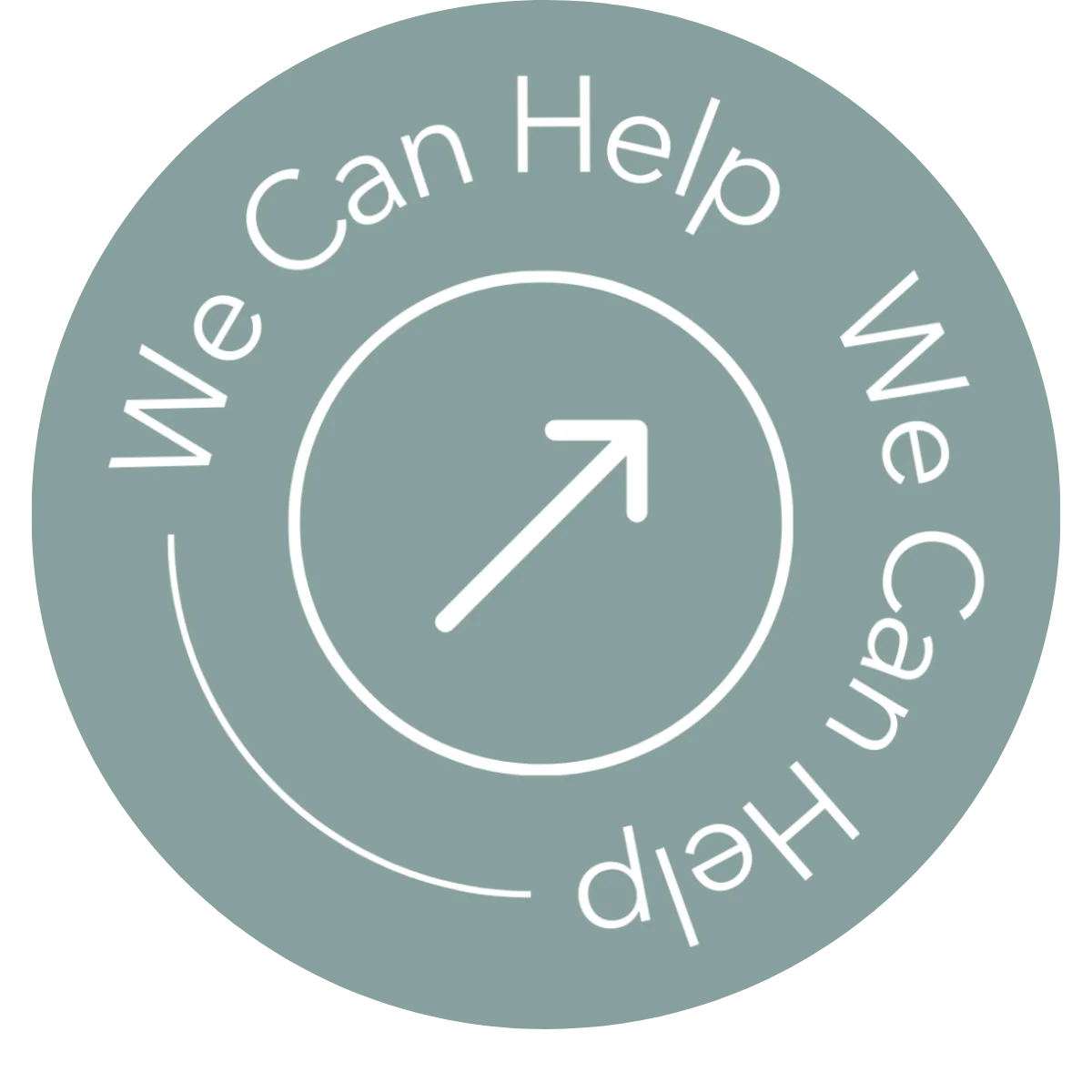10 Ways to Cope With Stress
What Is Stress?
At its core, stress is the body’s natural response to perceived threats or challenges. When an individual encounters a situation they perceive as stressful, their body goes into a state of heightened alertness. Therefore, learning ways to cope with stress is important for overall health and well-being.

What Causes Stress?
- Work-related pressures
- Academic demands
- Family issues
- Financial concerns
- Health problems
While some degree of stress is a normal part of life, chronic or excessive stress can be harmful to both physical and mental health. Long-term stress has been linked to various health problems along with certain mental health conditions like anxiety and depression.
What Are the Impacts of Stress on Physical Health?
Cardiovascular Issues
Weakened Immune System
Gastrointestinal Problems
Weight Gain or Loss
Muscle Tension and Pain
Sleep Disturbances
Skin and Hair Problems
Reproductive Health
Chronic Conditions
Pain Sensitivity
What Are the Impacts of Stress on Mental and Emotional Health?
Anxiety
Depression
Irritability and Mood Swings
Difficulty Concentrating
Substance Use Disorder
Some individuals turn to alcohol, drugs, or other substances as a way to cope with stress. This can lead to substance use disorder or addiction issues, further compounding mental health problems.
Negative Thought Patterns
Stress often involves negative thinking patterns, including self-doubt, self-criticism, and catastrophic thinking. These thought patterns can worsen mental health and self-esteem.
Social Isolation
Exacerbation of Pre-Existing Mental Health Conditions
Suicidal Thoughts
What Are 10 Ways to Cope With Stress?
1. Make Time For Self-Care
2. Maintain Structure and Stability
3. Don’t Be Afraid to Say “No”
4. Get More Sleep
5. Practice Meditation
6. Focus on Your Breath
7. Exercise
8. Spend Time Outdoors
9. Take a Break From Technology
10. Talk It Out
Is It Beneficial to Utilize Both Holistic and Evidence-Based Ways to Cope With Stress?
Personalization
Balanced Approach
Reduced Side Effects
Versatility

How Ethos Wellness Can Help You Find Ways to Cope With Stress
At Ethos Wellness, we care about you and your overall well-being. If you or a loved one are struggling with symptoms of stress or other co-occurring conditions, our team is here to help.
Get in Touch Today
We’ve got your back every step of the way during recovery and treatment. Start your path forward with ways to cope with stress today with Ethos Wellness and get the support and treatment you deserve.
Resources
- https://www.who.int/news-room/questions-and-answers/item/stress#:~:text
- https://www.apa.org/topics/stress/body
- https://www.webmd.com/balance/stress-management/stress-and-how-it-affects-your-mental-health
- https://www.bcm.edu/news/how-stress-can-affect-your-sleep
- https://www.mayoclinic.org/tests-procedures/meditation/in-depth/meditation/art-20045858#:~:text
- https://www.mayoclinic.org/healthy-lifestyle/stress-management/in-depth/exercise-and-stress/art-20044469#:~:text=


